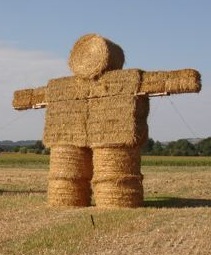Now that NaNoWriMo is almost at a close, you probably don't need this tool - unless you write during the "off-season," or are a struggling college student, like me.
I'm in the middle of a two-month class aimed at teaching students to write a novella - a ~100 page story, which we'll self-publish at the end of class.
I found myself in an existential plot crisis. Even though I had a strong start, I couldn't figure out where this novella was going. I needed some serious plot help. I Googled "plot diagram" and landed on this interactive tool.
Once you enter in your name and title, it presents a "mountain." You can use the slider bar at the bottom to change where the peak is (allowing for more or less rising and falling action).
You enter in an event and a description, and drag and drop it to where you want it on the "mountain." Downside: once you drag that event, the only part that will be visible is the event title. You can't get back to see or edit your event description.
Hitting print will allow you to print or save the final version, but you can add events after you "print." Once you start over or navigate off the page, your work will be lost, so if you want to keep it, print it. This is what it'll look like:
Happy writing!
Edit: I found another interesting downside to this working aid: The events are numbered on the printed page as you entered them. So, using the example above, if you entered in Problem 1, then the Major Crisis, and then went back and entered in Problem 2, the bottom of your printout will list them as:
1. Character Intro
2. Problem 1
3. Major Crisis
4. Problem 2
5. Resolution 1
Edit: I found another interesting downside to this working aid: The events are numbered on the printed page as you entered them. So, using the example above, if you entered in Problem 1, then the Major Crisis, and then went back and entered in Problem 2, the bottom of your printout will list them as:
1. Character Intro
2. Problem 1
3. Major Crisis
4. Problem 2
5. Resolution 1
It's still a useful working aid... it's just not perfect.














